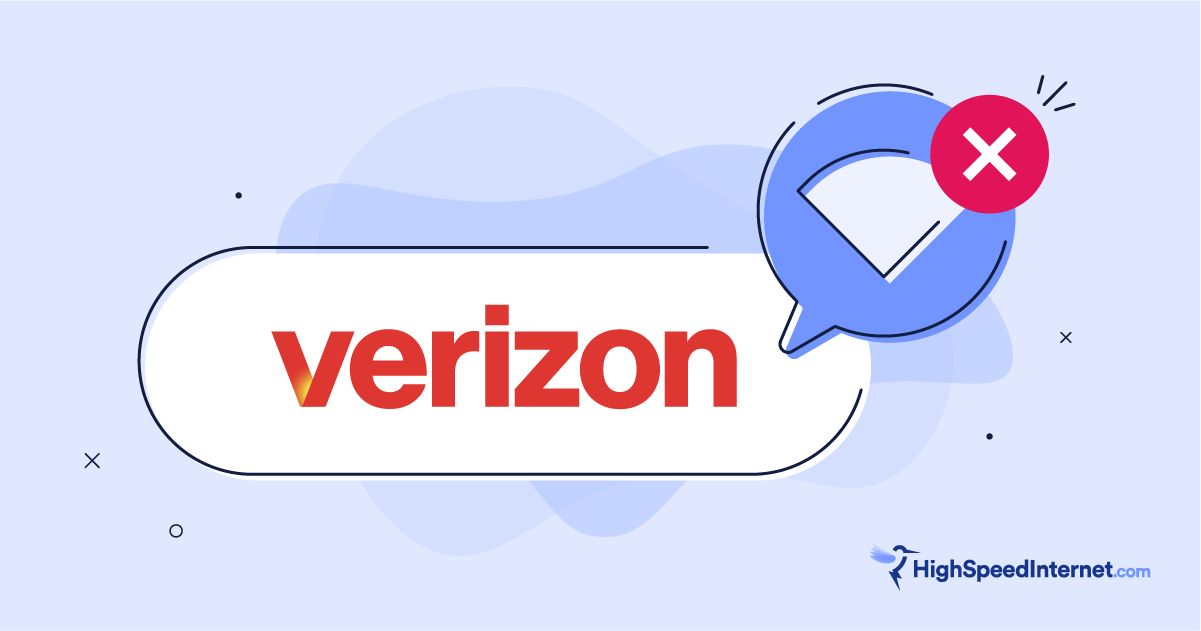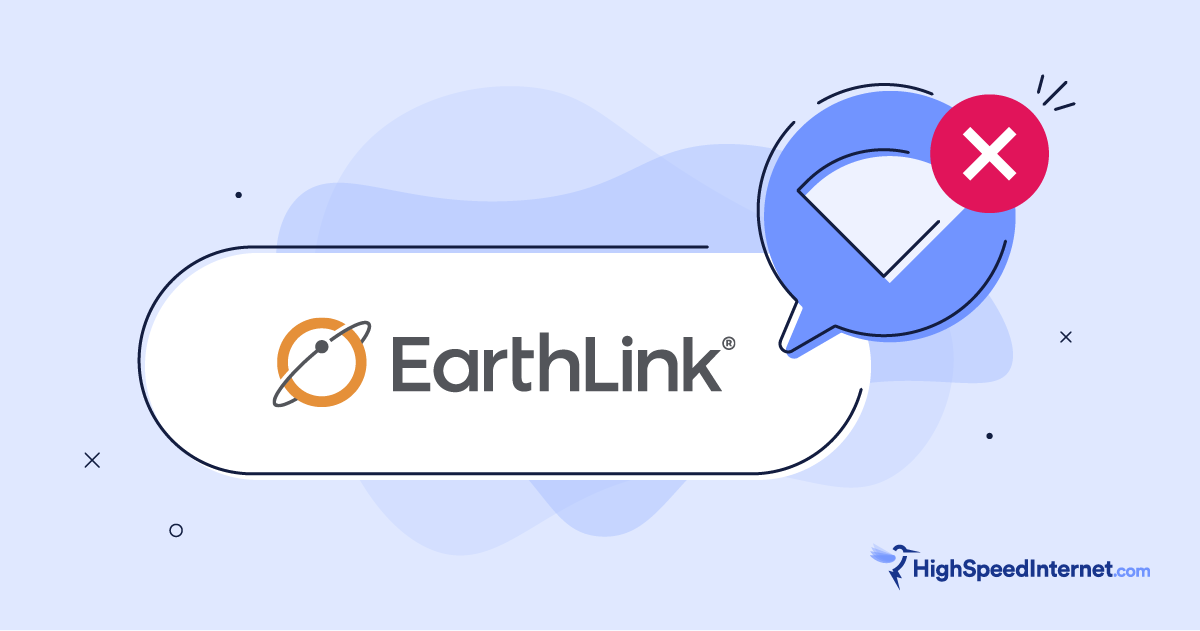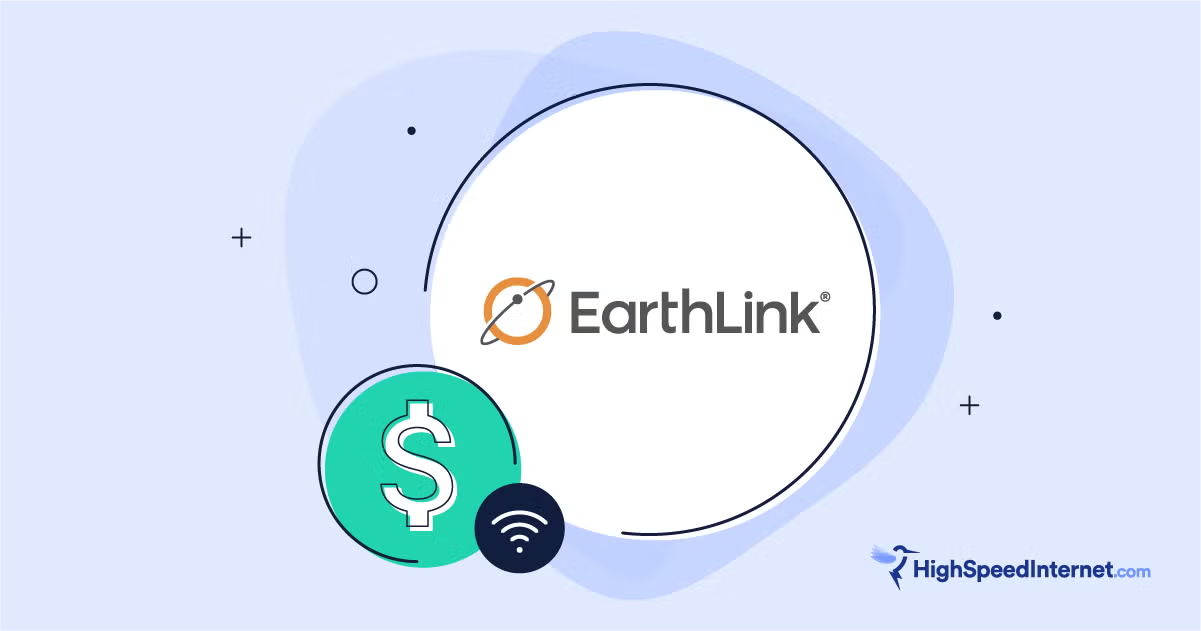Best Internet for Veterans and Military Families
Oct 8, 2024 | Share
Brand Guides
-
Best military bonusesXfinity
- Bonuses for veterans
- Wide availability
- Military discount after initial purchase
-
Best for bundlesAT&T
- Options to bundle with TV and phone
- Fast speeds
-
Best performanceGoogle Fiber
- Gigabit-speed fiber connections
- Low latency for video chat and gaming
- No long-term contracts
-
Veteran discountsOptimum
- Discount for veterans
- Discount for SSI
-
Military discounts
- Gigabit-speed fiber connections
- Discounts for active military and veterans
- Additional discounts for mobile plans
Data as of 6/26/2023. Offers and availability may vary by location and are subject to change.
Veterans, active service military members, and military families often have different needs than the average internet customer. Some need the flexibility to move at short notice, some need fast connections for video chat, and others just need something that fits around their budget.
Fortunately, there are plans out there to fit any circumstances, whether you’re active duty, a military spouse, or retired from the armed forces.
Internet providers offering veteran discounts
Many internet service providers (ISPs) have special offers for members of the military. If you’re not sure if an ISP has military discounts, it’s usually worth the effort to talk to a sales representative and ask. We’ve done some initial work for you to gather together a selection of the best offers out there.
Optimum veteran discounts
The Altice Advantage program offers internet service for just $14.99* per month and is available to veterans receiving public assistance. The program also accepts seniors eligible for Supplemental Security Income (SSI).
*Plus taxes and installation fees
Xfinity military special offers
Xfinity offers special bonuses to members of the military who sign up for its services. Instead of discounts to your monthly bill, Xfinity offers one-time coupons and gift cards as a reward for signing up.
One nice thing about this program is that you don’t have to be a new customer to qualify. In fact, you have to apply for the military discount with your active .mil email address or other documentation after your Xfinity service is activated.
Although Xfinity, like many providers, has early termination fees if you try to end a contract, you can get these fees waived for military deployment. If you’re being redeployed and still have a contract with Xfinity, contact customer support to make sure they know you’re moving specifically for military deployment.
Other Xfinity plans that aren’t specifically for veterans can also help you out. Comcast Internet Essentials can provide discounts for veterans and their families who also qualify for certain forms of government assistance. To find out more, check out our comprehensive guide to free and low-cost internet.
AT&T military and veteran plans
AT&T offers discounted phone plans for military and veteran families . Although these are not traditional home internet plans, several of these plans also offer additional hotspot data in addition to their normal data plan, which you can use to connect your other devices to the internet. The downside is that this extra hotspot data tops out at around 30 GB per month, so these plans work best for if you don’t use the internet that much in your home.
To qualify for these plans as an active member of the military, all you need is your .mil email address. Veterans can also qualify with their Veteran ID Card (VIC).
Verizon military discounts
Verizon also offers discounts for eligible military members and veterans on certain plans. Both new and current Verizon customers can apply for a military discount. These discounts start at $5 off per month and go up to $15 off per month on gigabit connections.† If you’re a current customer and your plan is not eligible for a military discount, you can still get the discount by switching to a plan that does qualify.
†w/Auto Pay, taxes, and equip. charges.
Government programs for internet discounts
In addition to ISP programs for military personnel and veterans, government programs for low-income families can make internet access more affordable. To find out more about these programs and how to apply, check out our in-depth look at government programs for free and low-cost internet.
Affordable Connectivity Program
The Affordable Connectivity Program (ACP) helps low-income families afford an internet connection by subsidising the cost of their internet bill. The ACP provides $30 per month toward a household’s internet bill, though households on Tribal land or high-cost areas might be eligible for enhanced support of up to $75 per month.1
You may qualify for the ACP if at least one person in your household meets the following criteria:
- Qualifies for the Lifeline Program
- Is approved for the National School Lunch Program (NSLP) or School Breakfast Program (SBP)
- Has received a Pell Grant in the current year
- Is currently eligible for certain providers’ low-income programs
- Receives assistance through SNAP or WIC
This program replaces the Emergency Broadband Benefit (EBB) program that was instituted in 2021 to help those dealing with the effects of the COVID-19 pandemic.
The main differences between the two programs are that the monthly benefit has been reduced and some of the qualifications have changed. Families on WIC now qualify for the ACP, while a substantial loss of income in 2020 no longer qualifies a household for the program. The maximum income for qualifying households has also been increased from 135% of Federal Poverty Guidelines to 200%.1
The ACP went into effect December 31, 2021. Following that is a 60-day transition period when those who qualified for the EBB program can continue to receive those benefits.1
Emergency Broadband Benefit
The EBB program concluded December 31, 2021, but those enrolled at that time will receive a 60-day transition period where they can continue to receive those benefits.1
Nongovernment programs
You can also find other programs for helping veterans and their families get affordable internet access. Many of these are offered by nonprofit organizations and nongovernmental organizations (NGOs).
Veterans Advantage
Veterans Advantage, a public benefit corporation (PBC), provides benefits and discounts for the military community. This includes active duty and retired military members, guards, reservists, and family members.
Veterans Advantage is a subscription program, which means you have to sign up for a paid subscription in order to get the associated benefits. Members also get the VetReward card, which you can use at many places as proof of identification without having to provide other military credentials.
If you’re considering signing up for their program, Veterans Advantage offers a free 30-day trial of their basic membership plan.
Other programs
Some veterans and their families may also qualify for other programs for discounted internet. To find out more about these programs, check out our analysis of free and low-cost internet programs.
Discounts for retirees
There are various programs for seniors who served in the military, such as the Altice Advantage program, which serves veterans who receive public assistance. There are also many other private and public programs available to seniors, regardless of military service.
To learn more about these programs, take a look at our guide to internet for seniors.
Internet for rural areas
For veterans looking for internet in rural areas, it can be difficult to find an internet plan that fits your needs. This is also true for active duty military personnel who aren’t stationed close to major urban areas. How are you supposed to get reliable high-speed internet if you’re in an area without the necessary infrastructure?
Fortunately, even if you live outside the range of residential fiber and cable networks, there are still a lot of options to choose from.
- DSL uses existing phone lines to deliver high-speed internet, reaching even relatively small towns.
- 4G LTE home internet reaches even farther than DSL, covering any area where the provider offers cell reception.
- Fixed Wireless has some of the highest wireless speeds and serves many areas that lack wired infrastructure, but it isn’t very widespread compared to other wireless technologies.
- Satellite internet is available almost everywhere but has lower data caps and higher costs than plans with similar speeds.
Internet for students
If you’re going to school on the Montgomery GI Bill or a military scholarship, you might qualify for discounts and special programs directed at students.
In the wake of the COVID-19 pandemic, having a fast, reliable internet connection is more important to education than ever before. Many classes now use more online elements, and a reliable internet connection is more important than ever.
To learn more about student discounts, check out our review of the best internet plans for students.
Plans for frequent movers
Moving is a fact of military life. There are enough logistical problems to deal with when moving across the country, and the last thing you need is to worry about is trying to cancel one internet plan while setting up another or getting locked into a contract that has early termination fees. Here are some tips to help you deal with your internet plan when moving from place to place.
Pick a provider that you can take with you
Many providers will allow you to transfer your service to your new address without having to make any changes to your billing or interruptions to your service. This is by far the easiest option when moving—but it works only if your provider has coverage in your new area. This rules out most small, regional ISPs. Providers like Xfinity and AT&T , however, are available in many areas nationwide, and both have programs to help you transfer your service to another location.
Choose a no-contract internet plan
If you’re not sure how long you’re going to be in one location or where you might be moving next, you probably want to avoid internet contracts altogether.
No-contract internet plans are typically a bit more expensive than those with a one- or two-year contract, but you pay on a month-to-month basis. That means that whenever you need to move, you simply cancel your internet service and go. No fees. No hassle. If you need maximum flexibility in your internet plan, this is it.
| Plan | Features | Cost | |
|---|---|---|---|
|
| Best Overall | $70.00/mo. | View Plans |
|
| Best Budget | $49.99/mo.* | View Plans |
|
| Best Availability | $45.00/mo. | View Plans |
* Consumer data usage is subject to the usage restrictions set forth in Verizon’s terms of service; visit: https://www.verizon.com/support/customer-agreement/ for more information about 5G Home and LTE Home Internet or https://www.verizon.com/about/terms-conditions/verizon-customer-agreement for Fios internet.
Internet for veterans FAQ
Which internet providers offer military discounts?
Verizon and AT&T both offer discounted internet plans for active duty military personnel. Xfinity offers special one-time offers for military service. If you’re not sure if your ISP has offers for military and military families, you should contact a sales representative and ask.
Which ISPs have plans for veterans?
Optimum offers the Altice Advantage program for veterans receiving public assistance. Verizon and AT&T’s military internet plans are also available for veterans. If you’re not sure if an ISP has plans for veterans, call and ask to speak to a sales representative.
Sources
- Federal Communication Commission, “Wireline Competition Bureau Seeks Comment on the Implementation of the Affordable Connectivity Program,” November 18, 2021. Accessed November 30, 2021.
Author - Peter Christiansen
Peter Christiansen writes about satellite internet, rural connectivity, livestreaming, and parental controls for HighSpeedInternet.com. Peter holds a PhD in communication from the University of Utah and has been working in tech for over 15 years as a computer programmer, game developer, filmmaker, and writer. His writing has been praised by outlets like Wired, Digital Humanities Now, and the New Statesman.
Editor - Aaron Gates




